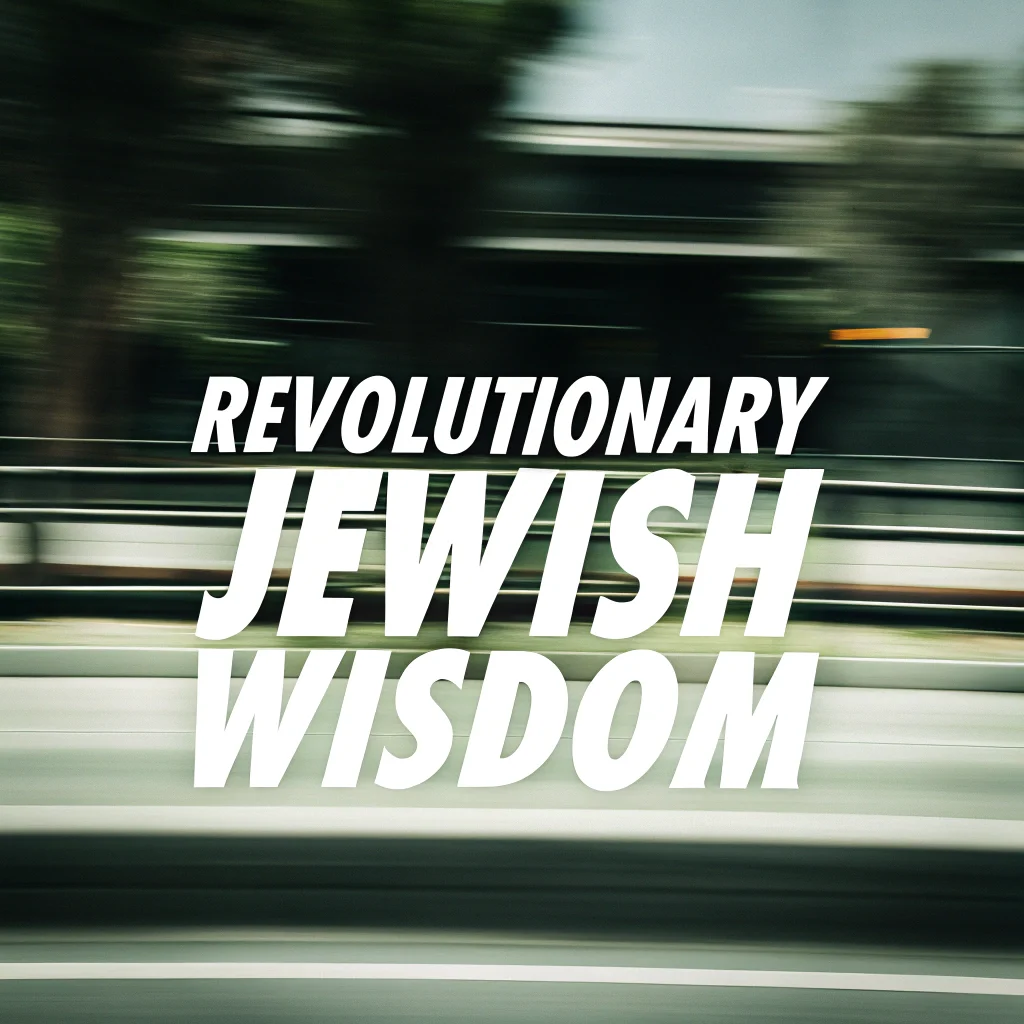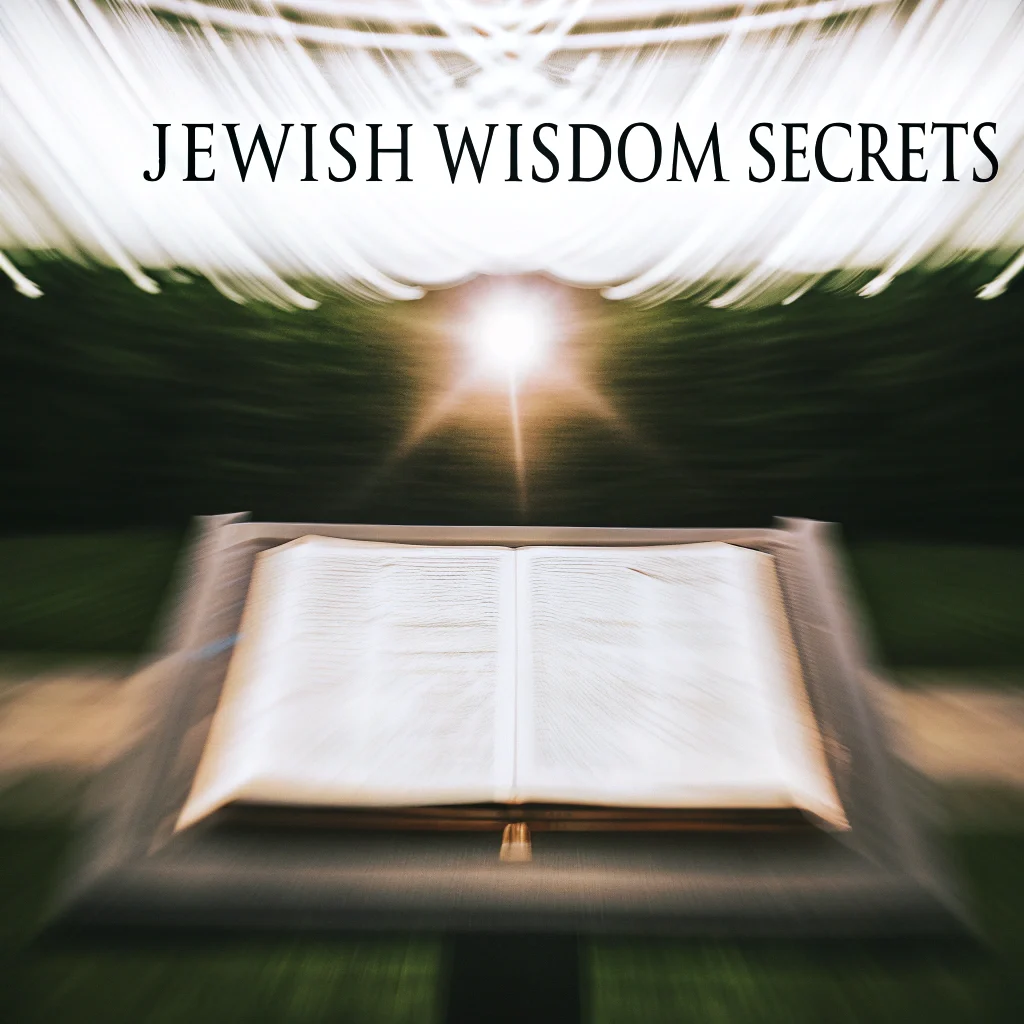Finding spiritual balance is one of life’s most profound challenges. Imagine your soul at a crossroads – it can choose the path of the righteous or the sinner. Sound familiar? Ancient Jewish wisdom offers a surprisingly modern perspective on finding balance between spiritual aspirations and earthly desires. Let’s explore what it means to be a “middle person” and why this state is accessible to each of us.
Who is a “Beinoni” and Why Does It Matter?
There’s a special concept in Jewish tradition – “beinoni,” or the “middle person.” This isn’t someone stuck in the middle between good and bad. Rather, it’s a person who constantly works on themselves, controlling their thoughts, words, and actions to maintain spiritual balance.
“Middle” doesn’t mean mediocre. On the contrary, it’s a special state of soul available to everyone at any time. The beinoni doesn’t allow evil thoughts to control them, even if they sometimes feel drawn to material pleasures.
“Any person can be a middle person at any time and hour” – the wisdom of Tanya tells us.
Freedom of Choice: What’s Really Within Our Power?
Most amazingly, we possess complete freedom to control our actions, speech, and thoughts – even when our hearts desire something else. This freedom is essential for achieving true spiritual balance in our lives.
Yes, sometimes we’re drawn to physical pleasures or forbidden things, but we always have the opportunity to tell our hearts:
“I don’t wish to separate myself from the one God even for a minute. I want my soul to connect with the higher source through good deeds, speech, and thoughts.”
This resembles a situation when you really want to eat something unhealthy, but remember your goal – to be healthy – and resist the temptation.
Why Is It Difficult to Hate Evil With All Your Heart?
Here we approach an interesting point about spiritual balance. If we can control our actions, speech, and thoughts, why is it so difficult to truly hate evil and feel revulsion toward it in our hearts?
It turns out that true aversion to evil is a special state available only to the righteous. It’s connected to a higher form of love for God, filled with pleasure similar to what the soul experiences in the world to come.
It’s like the difference between someone who doesn’t eat harmful food because they force themselves not to, and someone who genuinely enjoys healthy food and doesn’t even want to look at fast food.
The Soul’s Double Oath: Why Is This Enough?
Before birth, every person’s soul gives an oath: “Be righteous and do not be a sinner.” At first glance, this seems redundant – if a person will be righteous, how can they be a sinner?
But now we understand: not everyone can reach the level of the righteous with their complete aversion to evil. However, everyone is capable of not being a sinner – controlling their actions, speech, and thoughts, even if their heart is not yet completely purified. This represents a practical approach to spiritual balance.
Practical Advice for Spiritual Growth
Even if you cannot reach the level of the righteous right now, you can train yourself to achieve greater spiritual balance:
- Set aside time for reflection on how all material pleasures are temporary and ultimately decay and turn to nothing.
- Learn to rejoice in spiritual things by contemplating the greatness of the Almighty according to your understanding.
- Remember the power of habit – over time, it becomes second nature. By training yourself to despise evil, you will gradually begin to actually feel aversion toward it.
- Be consistent – your effort from below will evoke a response from above.
Unexpected Help on the Journey
Sometimes something amazing happens – a person persistently striving for spiritual balance may receive a special gift: their soul may be supplemented by spiritual energy from the root of a righteous person’s soul!
This is similar to when a beginning athlete suddenly receives mentorship from an Olympic champion – new possibilities and horizons immediately appear.
Why This Path Is Available to Everyone
Being “middle” is not a compromise or a consolation prize. It’s a realistic and worthy path for every person seeking spiritual balance.
You don’t have to immediately feel deep aversion to all earthly pleasures or achieve the highest ecstasy in spiritual service. It’s enough to begin controlling your actions, words, and thoughts – and this is completely within your power.
It’s like taking care of your physical health – you don’t need to immediately become a professional athlete; regular exercise and proper nutrition are enough.
Conclusion: Balance as the Key to Harmony
The teaching about the “middle person” offers us a remarkably balanced approach to spiritual life. It acknowledges the limitations of human nature while not lowering the bar for our development.
We can strive for the highest, even if we don’t always achieve it. We can work on our actions, even if our emotions are not yet fully purified. And in this constant striving for spiritual balance, we find our own path – not worse or better than others, but precisely the one that is meant for us.
This article is based on Chapter 14 of the book “Likutei Amarim — Tanya” by Rabbi Shneur Zalman of Liadi, one of the greatest Hasidic thinkers and the founder of the Chabad movement.
Afterword: This text has not been approved by any sage, Torah scholar, or rabbi and is merely a simplified adaptation of the sacred text for general understanding. For comprehension of true wisdom and a deeper understanding of the original text, you should refer to the sources.



